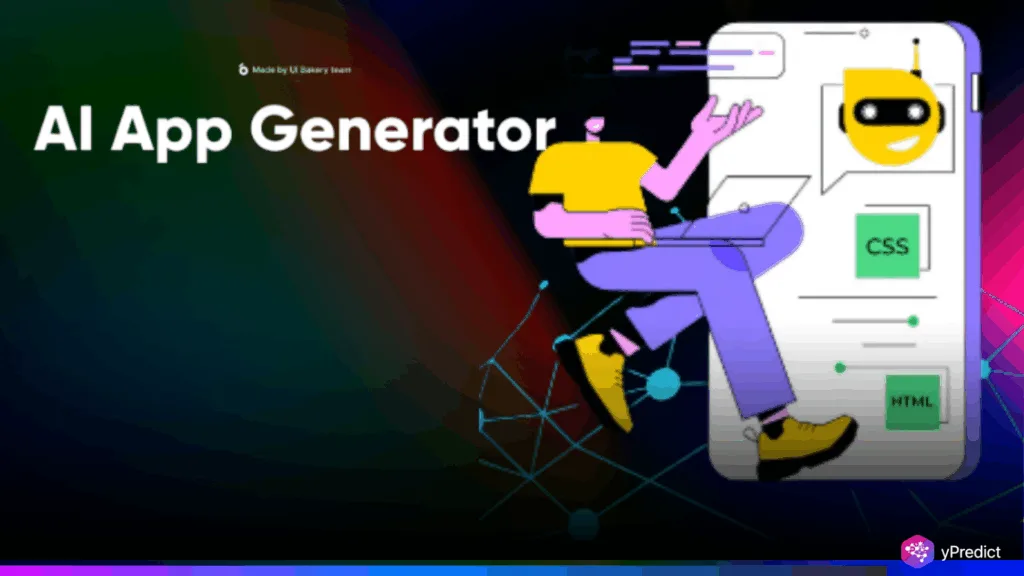
Software development is changing rapidly, and OpenAI CEO Sam Altman just made it feel much more imminent! According to Altman, artificial intelligence will soon enable anyone to build software simply by stating what they want in plain English. There won’t be any coding required. Just tell the AI what your app or tool will do and the AI will do all the work (building, debugging, deploying).
Altman’s vision is not just about convenience, it’s also about accessibility. Millions of people have ideas but don’t have the technical skill to make them real. Once software can be created by AI, there will be very little difference from the idea to realizing it. If this happens, entrepreneurship, product design, and digital transformation will actually be available to everyone, not just programmers!
From Idea to App, All in Plain English
AI’s ability to understand natural language is evolving fast. Tools like ChatGPT, GitHub Copilot, and other AI coding assistants are already helping developers write better code faster. But Altman’s vision goes one step further. He imagines a future where you can describe an entire product, how it should look, behave, and respond, and the AI will handle every aspect of building it.
This kind of AI software creation would remove traditional barriers in tech. No more tutorials, bootcamps, or engineering degrees. Anyone with a solid idea could tell an AI what to build, get feedback, iterate, and go live, all through conversation. This would radically speed up development cycles and empower millions of new creators.
Why This Changes Everything for Creators and Startups
For early-stage founders, indie hackers, and non-technical creators, AI software development provides an entirely new type of leverage. Instead of devoting weeks building an MVP…someone can now create a working prototype in under a minute! Altman sees this as unleashing a massive wave of innovation from people who previously did not have access to developer resources.
At the same time, software engineers are entering a new phase of their career as well. With AI completing the mundane coding tasks, developers will be able to devote their time towards strategy, user experience, and architecture. Human creativity will always be important, but programmers will soon have the option of having the boring repetitive parts of programming automated.
Natural Language Coding is Already Taking Shape
This vision isn’t just a fantasy. Today, several tools already let users generate code from prompts. GitHub Copilot suggests code snippets based on natural language comments. Replit’s AI tools help debug and deploy web apps. Even ChatGPT can write, explain, and fix code. We’re already seeing glimpses of natural language coding in action.
The challenge is making these tools robust enough to handle full-scale software development. That means AI needs to understand logic, anticipate edge cases, optimize performance, and handle deployment pipelines, all from a conversation. Altman believes we’re not far from reaching that level of capability.
Building Apps with AI Will Democratize Innovation
Imagine telling an AI, “Build me a task management app with login, calendar, reminders, and notifications.” In response, the system writes the backend logic, builds the user interface, sets up the database, and gives you a live product. That’s the future Altman is betting on.
This leap forward in build apps with AI capabilities would create a new kind of builder economy. Teachers, artists, entrepreneurs, and local businesses could all design tools specific to their needs, without hiring developers or learning to code. It’s about lowering the barrier to innovation and expanding who gets to participate.
What This Means for the Future of Software
Altman’s comments illustrate a more profound transition: AI is evolving from a productivity tool to a true creative partner. Just as AI is disrupting design, writing and marketing, it will also disrupt software development and deployment. We are entering the era of AI software development.
Of course, this does not mean that every issue has been resolved. We still need safety layers, ethics, and strong governance to ensure this power is not exploited. But the potential is enormous, resulting in a world where imagination is the only limitation.






